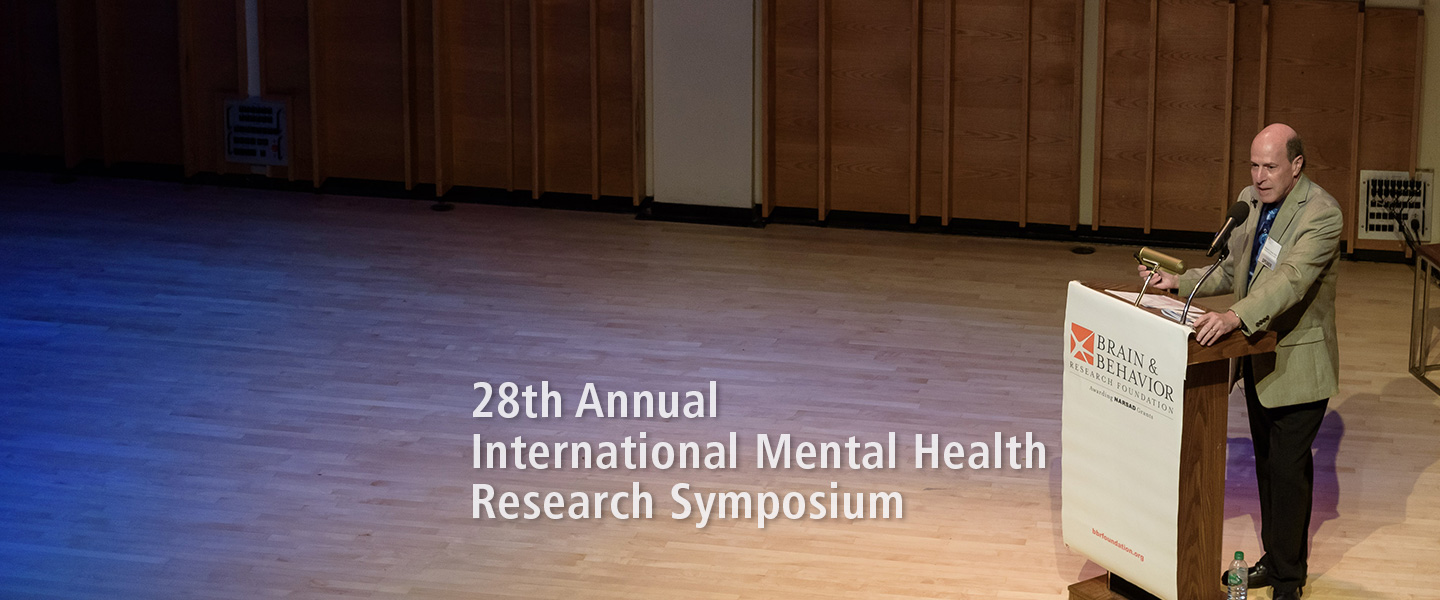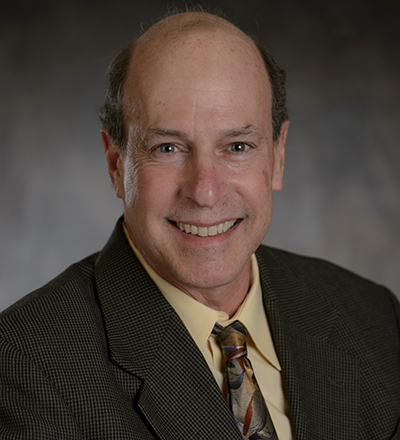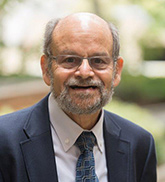
The 28th Annual International Mental Health Research Symposium featured the 2016 Outstanding Achievement Prizewinners and select Young Investigators presenting updates on leading research discoveries across brain and behavior disorders, and a Special Keynote Presentation
Keynote Speaker:
Robert O. Boorstin - Senior Vice President, Albright Stonebridge Group
A Search for Balance: Personal & Political Reflections on Mental Health
Presented by
Moderated by











